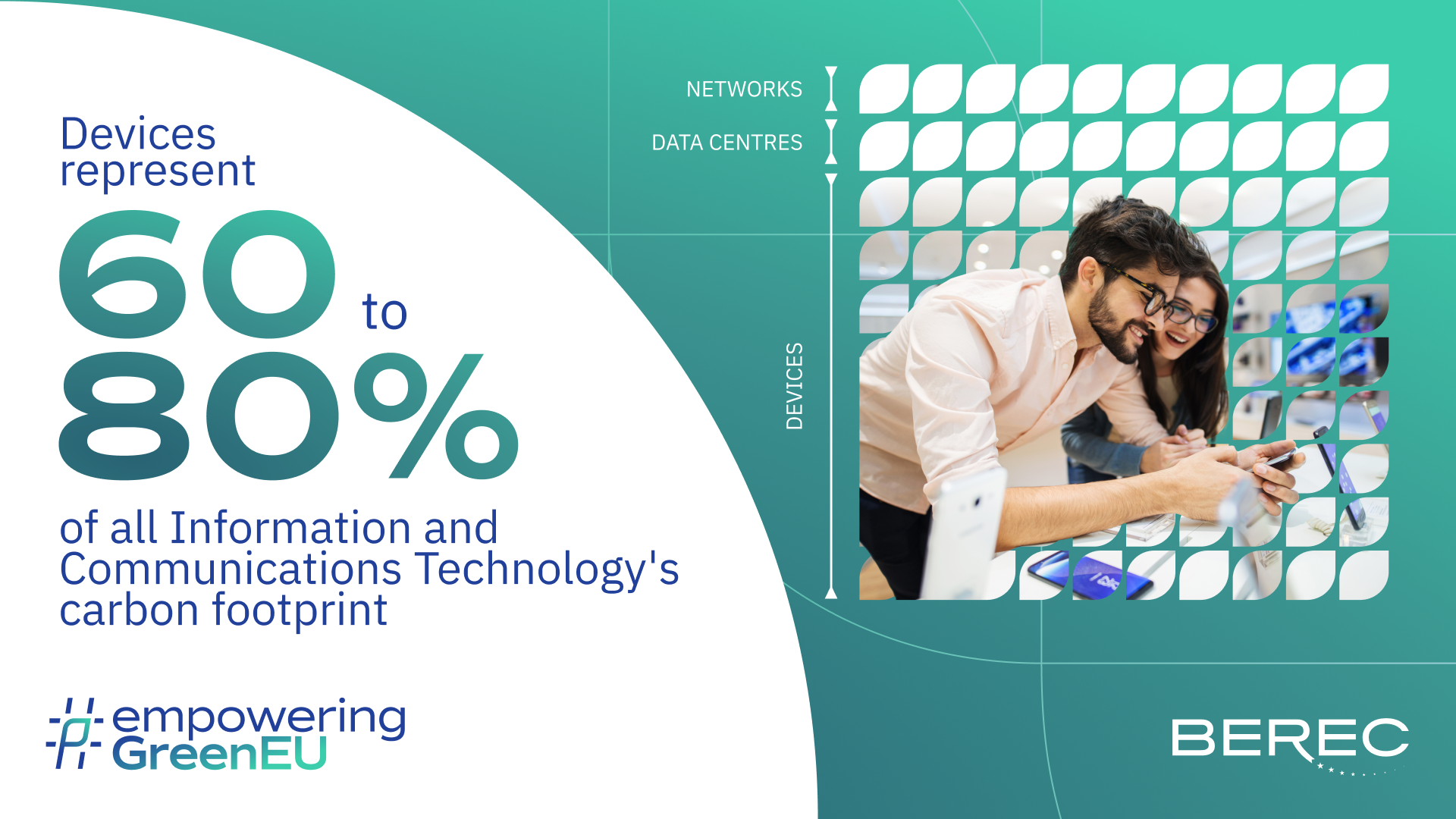Introduction to Sustainability
Why environmental sustainability matters?
Despite the global ambition set by the first-ever legally binding Paris Agreement (2015) and the United Nations 2030 Agenda for Sustainable Development (2021), it should be noted that global Green House Gas (GHG) emissions are still growing. In 2023, these emissions were up by 1.1% compared to 2022 levels. As climate change consequences are already perceivable, it appears undeniable that further actions will be needed to reduce emissions in all sectors of the economy. Especially since the European Green Deal, the digital sector and its impact on the environment have attracted more attention, with the aim to place sustainability at the heart of the digital sector.
As in any other sector, the digital industry itself must also undergo its own environmental transition to meet European and international targets, including net zero emissions by 2050. The Information and Communications Technology (ICT) sector contributes by an estimated share of between 2% and 4% of total global GHG emissions, while the pace of the annual rise in digital consumption (data volume, number of devices, etc.) demonstrates the need to follow the emissions trend closely. The contribution of devices is estimated to account for 60-80% of GHG emissions in the ICT sector, followed by data centres (around 15% of GHG emissions), depending on the studies. The digital economy is also responsible for other environmental impacts such as water consumption and abiotic resources depletion.
The ‘European Union (EU) fit for 55’ (2021) package sets out the ambitious targets of achieving zero net GHG emissions by 2050, and more recently of cutting emissions by 55% by 2030. The European Commission environmental strategy covers the role of the digital sector. In 2023, the EU Action on Digitising the Energy System developed a list of initiatives to enable this transition.

What role does BEREC play?
In this global context, the Body of European Regulators for Electronic Communications (BEREC) decided to take part in the global fight against climate change and the environment crisis. For the first time, BEREC included an environmental component in its Strategy to help with achieving ICT-related goals of the Green Deal and the Agenda 2030. In particular, BEREC notes the importance of assisting efforts to better assess the environmental footprint of the sector and to promote end user awareness of the environmental impacts.
BEREC adopted the BEREC Report on Sustainability Assessing BEREC’s contribution to limiting the impact of the digital sector on the environment based on an external study and a series of workshops and interviews. BEREC acknowledges digital solutions as critical enablers to achieve climate neutrality and environmental targets. More broadly, BEREC notes the existence of indirect impacts (also called ‘second order’ impacts) of the ICT sector on the environment, including positive enabling effects of digitalisation on the decarbonisation of other sectors, as well as adverse rebound effects. This perimeter allowed BEREC to build a clear vision of the relative contribution of electronic communications within the environmental footprint of ICTs and to take into account possible relations between the environmental impacts of networks, data centres, devices and digital uses. Furthermore, BEREC considered the different types of environmental effects from ICTs, not only in terms of GHG emissions but also other relevant impacts, especially the sourcing of fossil energy resources and the depletion of minerals and metals (including rare earth elements). To mitigate these impacts and build sustainable digital technologies, the report highlights the need to promote environmental accountability of all players of the digital ecosystem.
BEREC will keep supporting the digital sector efforts to achieve environmental targets and to be an active player of the twin green and digital transition in the EU.
Check out the work of the Sustainability Working Group
Read more about Sustainability:
